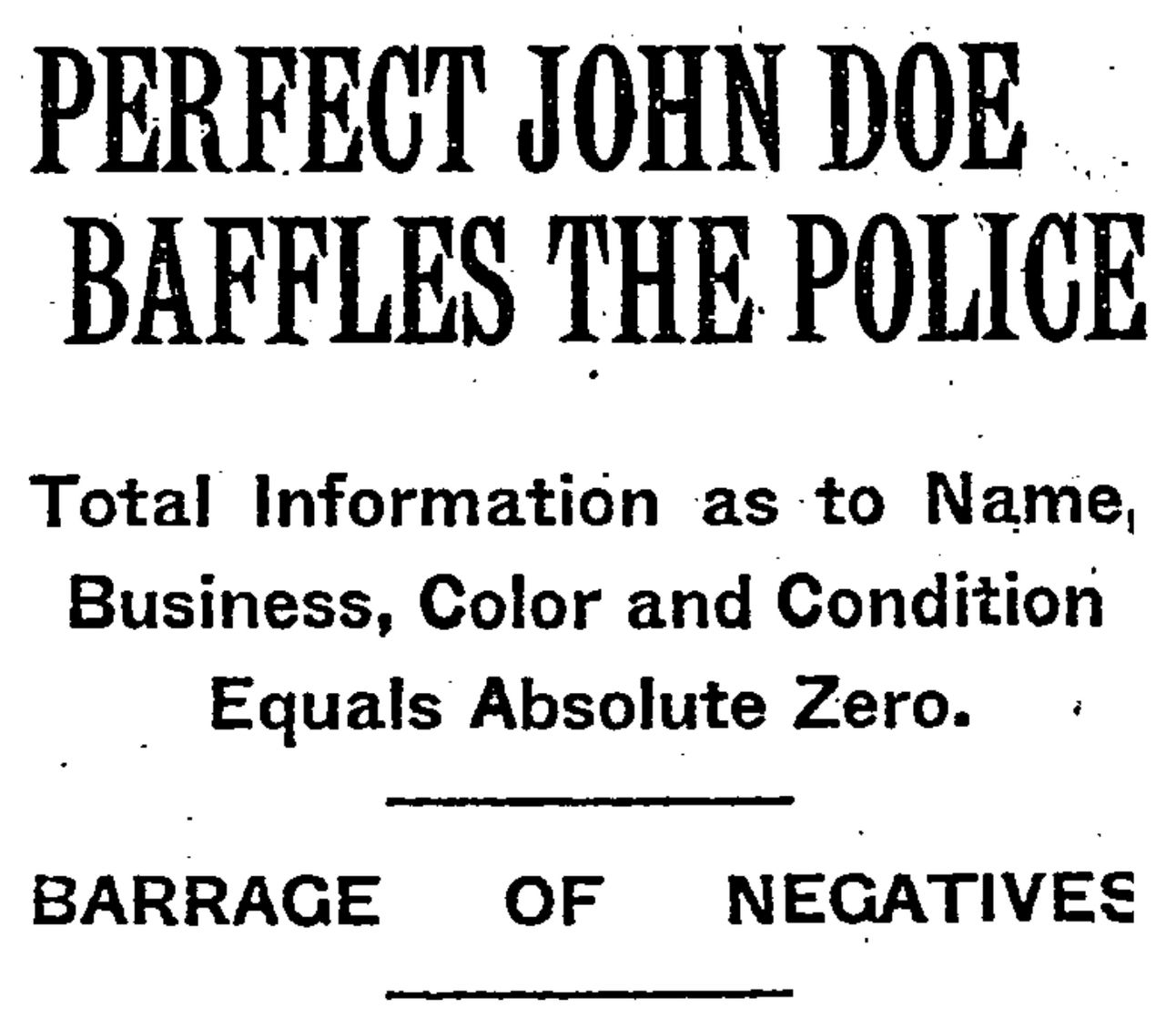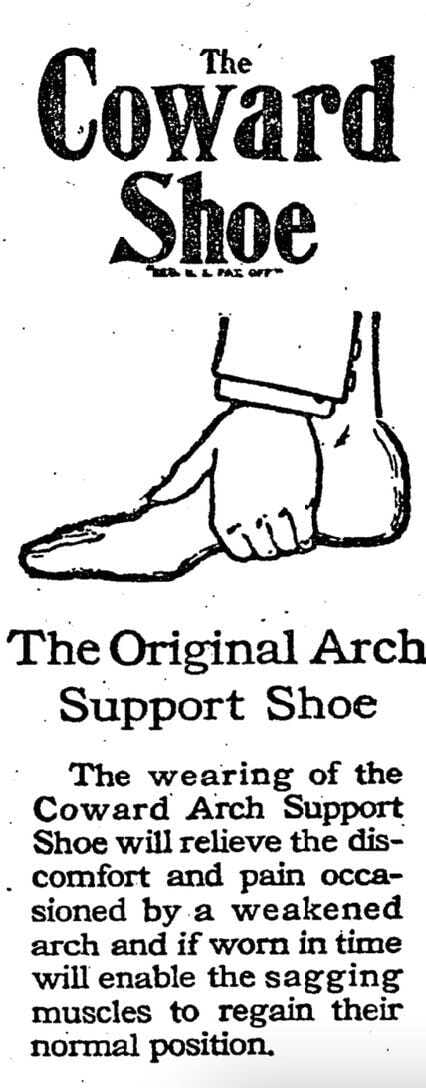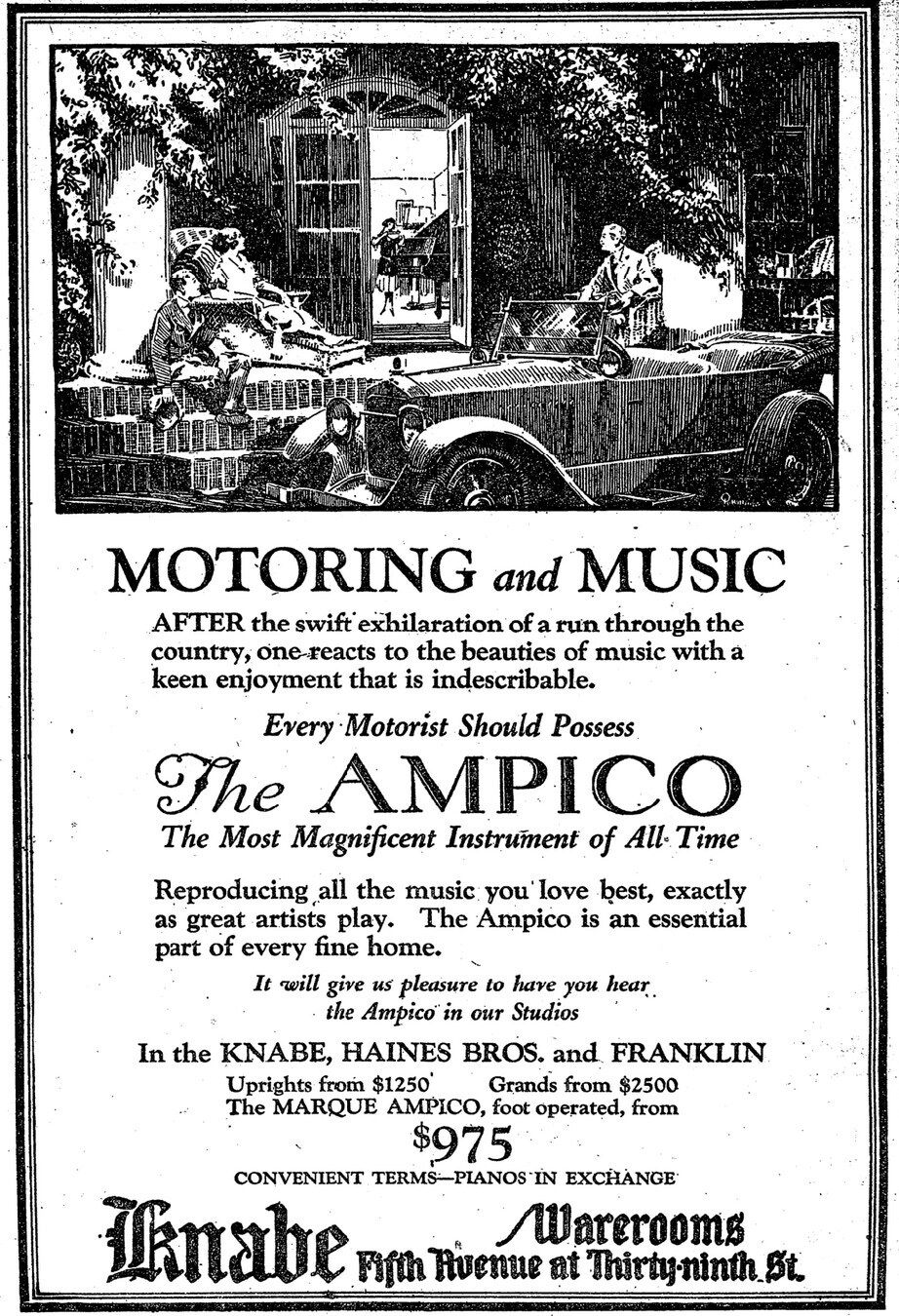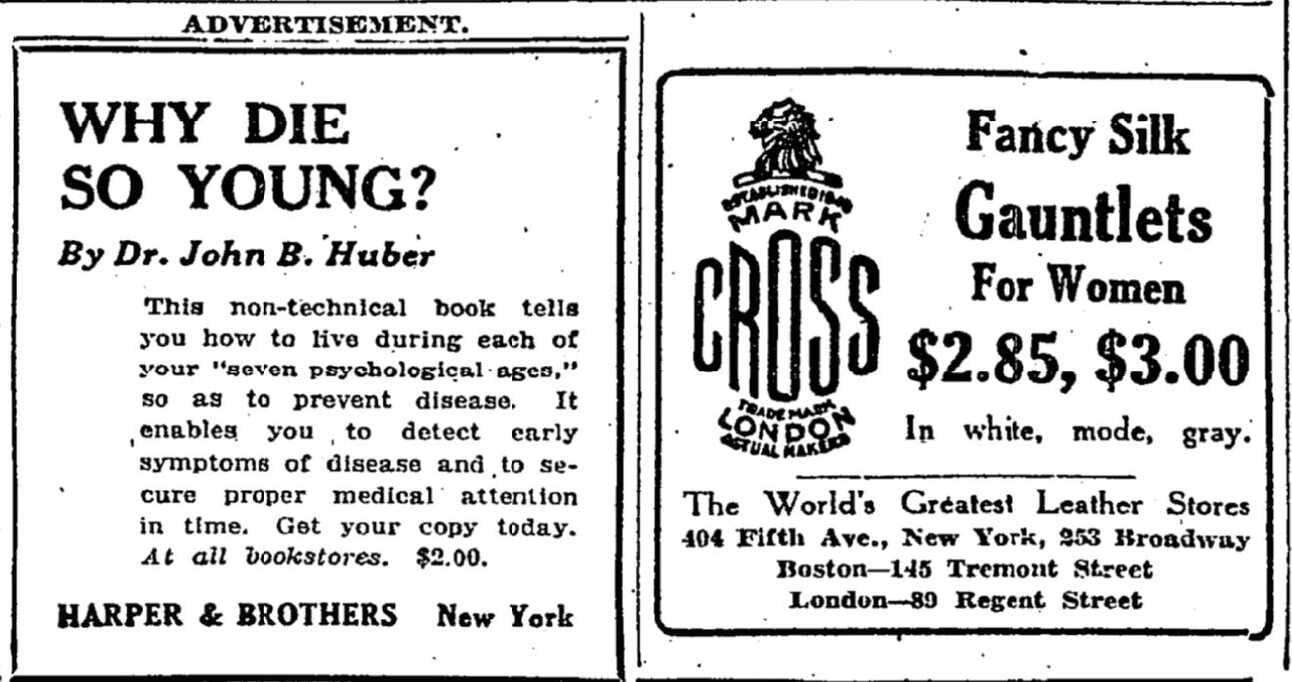- Strange Times
- Posts
- Strange Times 172: Stop Women Smoking
Strange Times 172: Stop Women Smoking

Do you mean to tell me that you haven’t read the first installment of Pocket Full of Stars? Read it now, you fool! Read it now! Or heck, why don’t you just…
Today we have one man using the law to control women, and another using his silence to control the law. Maybe just keep your mouth shut on…
June 21, 1921
The discovery of the Carroll A. Deering, a schooner found adrift with its entire crew missing off the coast of Cape Hatteras, raises concerns of Soviet piracy.
“Master moonshiner” Simon Nosowitz is arrested on charges of manufacturing stills and teaching the people of Brooklyn to make their own liquor at home.
Louis Wimberly, an 18-year-old Black convict, is seized by a mob and hanged at the gate of the Mississippi prison work farm, seven miles from Jackson.
Eighteen former baseball players and gamblers accused of conspiracy to throw the 1919 World Series are set for trial in the court room of Judge Hugo Friend.
The Weather: Partly cloudy today and Wednesday; not much change in temperature; southwest winds.

On the one hand, I think smoking cigarettes is a bad idea. On the other hand, I’m also opposed to being a twerp—a crime of which Paul B. Johnson is unquestionably guilty. Mississippi lawmakers are so happy to come to Washington and tell people what to do—I’m sure that if Washington meddled with Mississippi they would respond without complaint.
WASHINGTON, June 20.—“Female persons” must not smoke cigarettes in Washington, so Representative Paul B. Johnson of Mississippi told them in a bill which he introduced today. The bill would fine the women $25 for the first time they were caught smoking in a public place and $100 per cigarette for each subsequent offense. The same fines would apply to the proprietors of public places, which Representative Johnson has defined in detail in his bill.
He said this afternoon he had long objected to seeing women smoke in public, but the last straw came last night when he was walking on F Street in front of a moving picture theatre.
“And I saw a young lady take a cigarette out of the hand of the young man she was walking with and take a puff herself.”
Smoking is even “worse than whisky” for women, Representative Johnson said in discussing his bill.
“The girls at college learn how to smoke and then they go home and teach it to other girls, so that smoking by women is constantly on the increase,” he continued.
“It is a bad thing and is going to contaminate the race. A woman who smokes and nurses her child transmits the evil effects of smoking.
“Regulating smoking by women comes under police power, and, as is well known, police powers are practically without limit. Down in my State we have a law that a man shall not curse in the presence of women. I have punished many a man under that law, and it is held to be constitutional.
“The women really don’t want to smoke. They smoke because those who are looked upon as leaders set the pace, and they feel that they have to follow, and they are in favor of this legislation. I have a great many letters from the people down home saying so.
“There is too much smoking by women in Washington, and there are a great many women who would like to have it ended. Besides, the men do not look with respect upon women who do smoke. I have been assured that I will have a lot of support for the measure.
“I was brought up to reverence women, but I must confess my respect for women drops when I see them smoking.”
Although he does not smoke himself, Representative Johnson is not opposed to men smoking if they do not indulge too heavily in it.
The bill he introduced today describes public places as dining rooms, restaurants, cafés, cafeterias, theatres, passenger elevators, street cars, passenger coaches, depots, railway waiting rooms, motors or other vehicles employed as commercial carriers and even “any other public place where two or more persons are gathered together.” Firms or corporations allowing “female persons” to smoke would suffer the same penalties indicated.

An exquisite story of a modern day Bartleby whose refusal to answer any questions proved that Paul B. Johnson was wrong: in this case, at least, the powers of the police were quite limited indeed.
A man who refused to move his automobile, submit to search, tell his name, state whether white or black, married or single, or resolve any of the other propositions of the police, was locked up last night in the Forty-seventh Street Station. On his examination by the police and later in the Magistrates’ Court he scored XYZ, or a perfect zero.
“Move your automobile,” said Policeman Reilly of Traffic B at Sixth Avenue and West Forty-third Street.
“I wont,” replied this super John Doe.
“What’s your name?” demanded Reilly.
“I won’t tell you.”
“Move on; that’s a good fellow. You’re causing a crowd to collect,” said the policeman.
“I won’t move. I’m not causing a crowd to collect,” replied the master of contradiction. A few minutes later the Desk Lieutenant at the West Forty-seventh Street Station asked the prisoner to tell his story.
“I won’t,” said the prisoner. The Lieutenant ran through the official list of questions without getting an answer. The Lieutenant tried to give him some advice.
“I know my rights,” said the prisoner.
“Search him,” said the Lieutenant.
“I decline to be searched.”
“Search him, anyway.”
His pockets were patted for evidences of revolvers and knives, but was handled rather gently. Refusal to tell one’s name was the one act for which torture could be legally applied under the old English law, and in recent decades it had provoked third degree methods, but this strictly private and confidential man acted as if he knew the law or some influential people. The most refined methods were used in his case.
After the total stranger had run through several octaves of “Noes,” “Won’t answer” and motions of the head on a horizontal plane, he was removed to the Night Court.
By the time he had arrived there, it had been rumored that he was a former Assistant District Attorney. Another circumstantial narrative had it that he was a friend of Commissioner Hirshfield. More terrifying still was a whisper that he was the latest addition to the ranks of the Special Deputy Police Commissioners.
At any rate Traffic Policeman Reilly did not have a very damning story to tell against the unknown in the Magistrate’s Court. He said that the defendant had violated the traffic rules very slightly and caused only “a small disturbance” which resulted in the collection of a slender crowd.
“You had no right to arrest this man,” said Magistrate Silberman. “Case discharged.”
The prisoner left the courtroom, returning negatives when he was asked as between man and man who and what he was.




